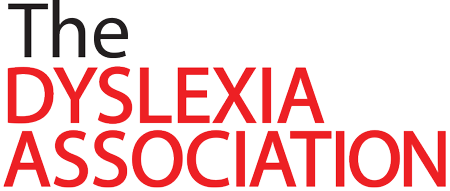Our mission is to represent the dyslexic community that supports a non-phonics based solution
The Dyslexia Association is the first Australian Association to recognise a non-phonics (or non linguistic) solution.
GOALS
The Dyslexia Association allows a new understanding of dyslexia. It recognises that dyslexic people need to be offered alternatives to the conventional methods of instruction.
The Dyslexia Association seeks equality and equity for non-phonics based research and pilot projects to match the investment made into auditory/phonics based techniques.
The Dyslexia Association seeks to promote positive learning experiences for dyslexic children which equals the experiences of the auditory learner.
Our commitment is to create an effective and long-term improvement for the learner’s reading development by increasing awareness of dyslexia and empowering the dyslexic learner through their own innovative visual and creative learning style.
The Dyslexia Association is devoted to promoting and pursuing a positive definition of dyslexia.
Dyslexia Association in Action
The Dyslexia Association was an invited attendee to Education Queensland Roundtable discussions on Dyslexia during 2018-2019.
The Dyslexia Association presents seminars to schools, parents and Universities.
For a better understanding of Dyslexia and discover how to support and enhance people’s learning abilities, please contact us to arrange a seminar in your area.
The Dyslexia Association Inc. is a non-profit registered association.
The Dyslexia Association supports the need for screening for dyslexia to be made available through schools to all children experiencing learning difficulties. The Dyslexia Association acknowledges that there is no exact science for assessing reading difficulties therefore the results may not be accurate and may need to be re-evaluated at different points in the child’s development.
The Dyslexia Association Announces an Online Peer Support Group for Adults with Dyslexia
For further information including dates, session outlines and terms and conditions, please send us a message using our enquiry form.
